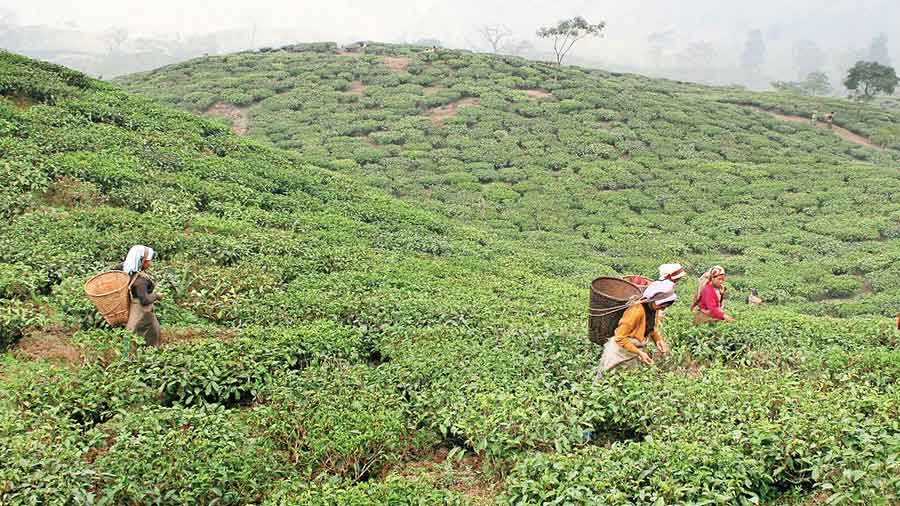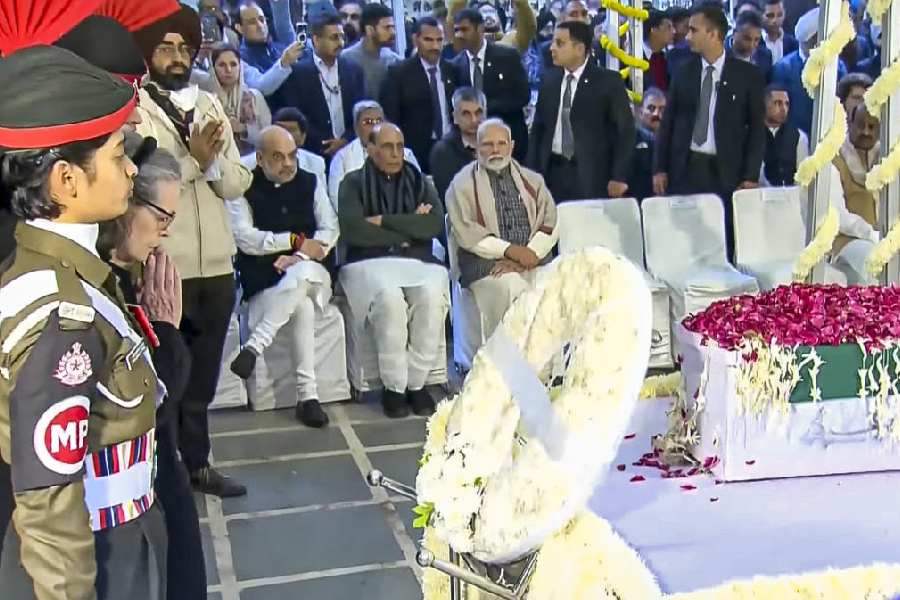The parliamentary standing committee on commerce has recommended restructuring of the Tea Board of India — a statutory body of the central government headquartered in Calcutta — for smooth functioning and prompt decisions on administrative matters.
The 28-member committee headed by V. Vijayasai Reddy had recently submitted a report to the Rajya Sabha and Lok Sabha, making a list of suggestions for the tea industry.
“….for smooth functioning and prompt decision on administrative matters, it is recommended that the posts of Chairman and Deputy Chairman should be merged by assigning a single executive administrator at the helm. Further, the Committee recommends the restructuring of Tea Board to make it more vibrant as well as representative and to prevent the channeling of decisions through bureaucracy thereby maintaining the autonomy of the board,” the report states.
MPs, tea produces, traders, brokers and consumers; and representatives of the governments in the principal tea producing states make up the 31-member Tea Board. The board traces its roots to 1903 when the Indian Tea Cess Bill was passed to levy cess on tea exports. The present board was set up under the Tea Act 1952 on April 1, 1954.In a strongly-worded recommendation, the committee has “recommended that the role of the Tea Board should be redefined as a facilitator instead of a licenser”.
The Centre has also been asked to extend a financial package to the Darjeeling Tea sector and has recommended that the board take steps for extending special assistance to modernise and mechanise the tea industries of the region with the help of various financial institutions.
- Sources in the Darjeeling industry said the finances of the tea companies had been bad since the 104-day Gorkhaland agitation in 2017.Taking note of the “easy influx of cheaper tea from Nepal”, the panel recommended strong vigilant measures to counter the import, the review of and the revisit to the Indo-Nepal treaty and establishment of a quality control lab in Darjeeling district.The other important recommendations for the most important industry of north Bengal are:
- encouragement of women to take up decision-making roles, including in tea garden workers’ unions
- prompt disbursal of tea subsides
- land rights to tea garden workers
- fixing of minimum wage and implementation of Code on Wages, 2019
- creation of a database of plantation workers for smooth extension of facilities
- promotion of small tea growers (STGs)by the board
- GI recognition of the STGs in the Darjeeling region
- extension of agricultural schemes to the industryA senior tea planter in the hills welcomed the recommendations. “The Darjeeling Tea industry welcomes the report but it also needs to be implemented on ground,” he said.











